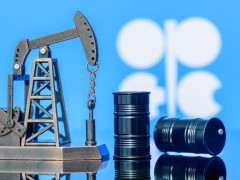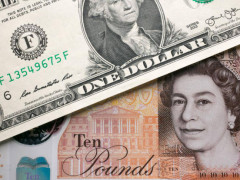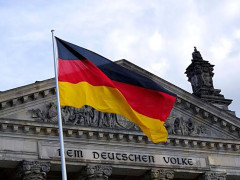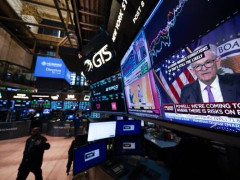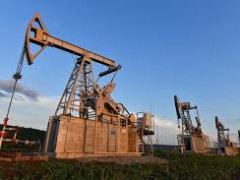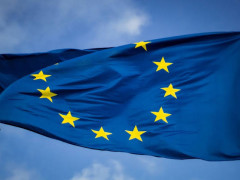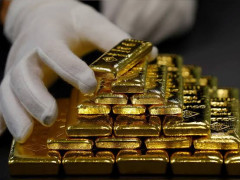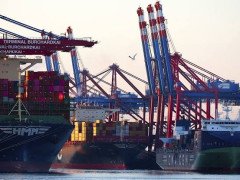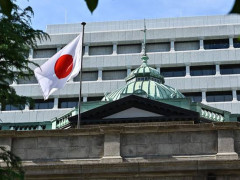Sanctions Not Having Expected Effect on Russia’s Economy
Economy news
2 years ago
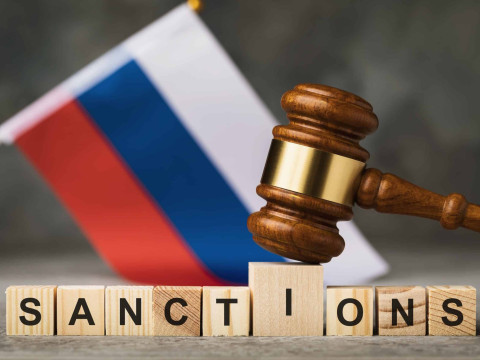
When Western countries imposed a raft of sanctions on Russia earlier this year, after it invaded Ukraine, it was believed these punitive measures would have a devastating effect on the country’s economy.
However, results have thus far been mixed. On one hand, Russia’s GDP fell by 4% in the second quarter, compared with the same period last year, and logistical restrictions have caused inflation to climb into the double digits range.
Several industries have suffered from the lack of high-tech component imports. For instance, Russia’s car production plummeted 62% during the first six months of this year.
However, results have thus far been mixed. On one hand, Russia’s GDP fell by 4% in the second quarter, compared with the same period last year, and logistical restrictions have caused inflation to climb into the double digits range.
Several industries have suffered from the lack of high-tech component imports. For instance, Russia’s car production plummeted 62% during the first six months of this year.
However, walking through the streets of Russia today reveals a normal pace of life with people dining out at restaurants and shopping in malls, even if many international brands are no longer available.
Inflation has begun to gradually taper off, falling from its peak rate of nearly 18% in April to 15% in August. Meanwhile, Russia’s current account surplus has swelled to a record high of $167 billion between January and July, more than triple from a year ago.
Recently, the IMF improved its economic outlook for Russia in 2022, predicting that the country’s GDP would shrink by 6% instead of the originally projected 8.5%.
What does this mean for me?
Russia’s economy has demonstrated greater resilience than many initially expected. Despite losing more than 30% of its value in late February and early March, the Russian rouble has since rebounded to become the best-performing currency of the year. This update should give you,as a diversified trader, food for thought.
Carousel
Do you need help or have a question?
